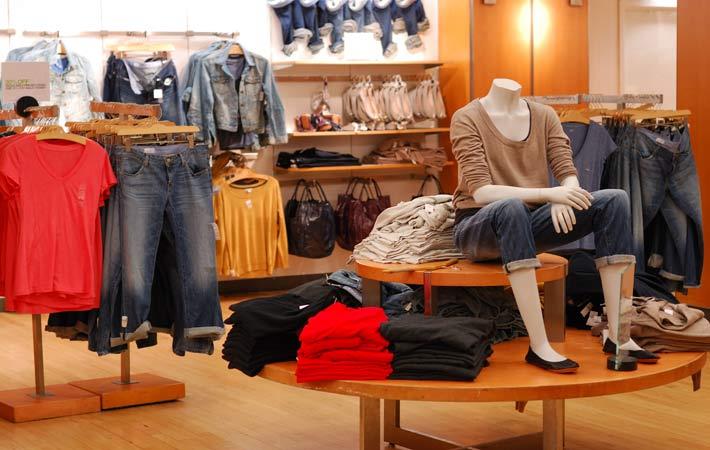
Establishing a strong foundation of trust is critical to success when rolling out new experiences to consumers. If brands overstep, the reaction can be visceral, says the Oracle Retail 2025 study.
About 58 per cent of consumers indicated a positive attitude towards the idea of having their grocer suggest a shopping list for their approval based on purchase history, social and environmental data. Close to 54 per cent of respondents indicated that having a grocer automatically charge and ship items based on purchase history, social and environmental data was invasive.
"Consumers clearly indicated that they have a conservative appetite for retail technologies that requires deep personal data and make decisions on their behalf. This signals brands to focus on building a strong foundation to win trust. Warm attitudes toward utilising virtual reality and receiving recommendations for custom-made accessories produced with 3D printing points to consumers' willingness to adopt new technologies if they are in control of their experience," said Mike Webster, senior vice president and general manager at Oracle Retail and Oracle Hospitality.
Velocity in fashion is critical and it will only get faster. 3D printing and drone deliver will accelerate the product design to consumer process from months to days and eventually hours.
Consumers are wary about volunteering data necessary for personalization but still look for a tailored experience, reinforcing the need for stronger brand relationships. On the flipside; there is a clear difference in consumer expectation for retailers to make data available and customize information about components, origin and recalls to their specific buying patterns, adds the report.
A survey of 709 consumers was conducted in February 2017 for the report. (KD)
Fibre2Fashion News Desk – India